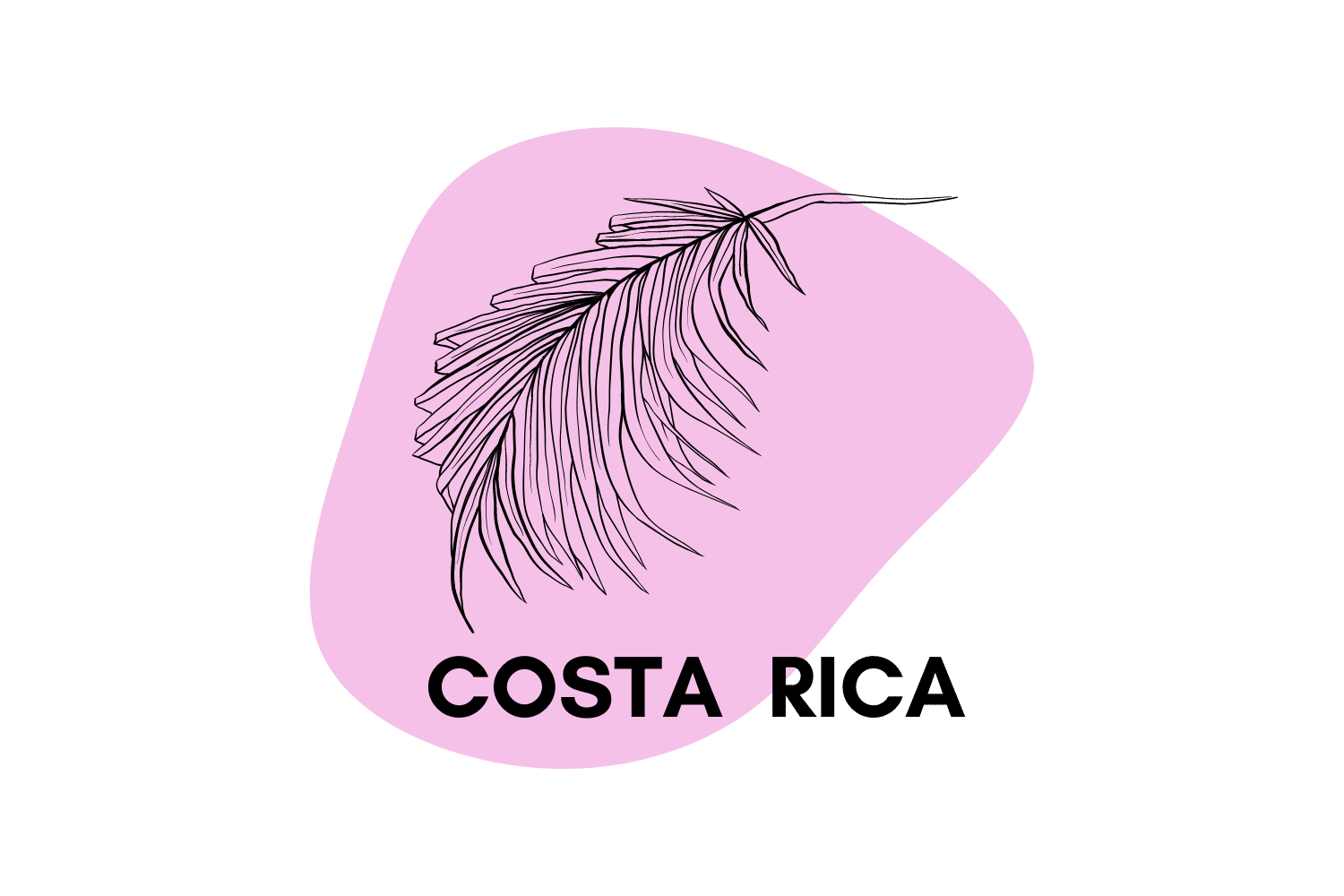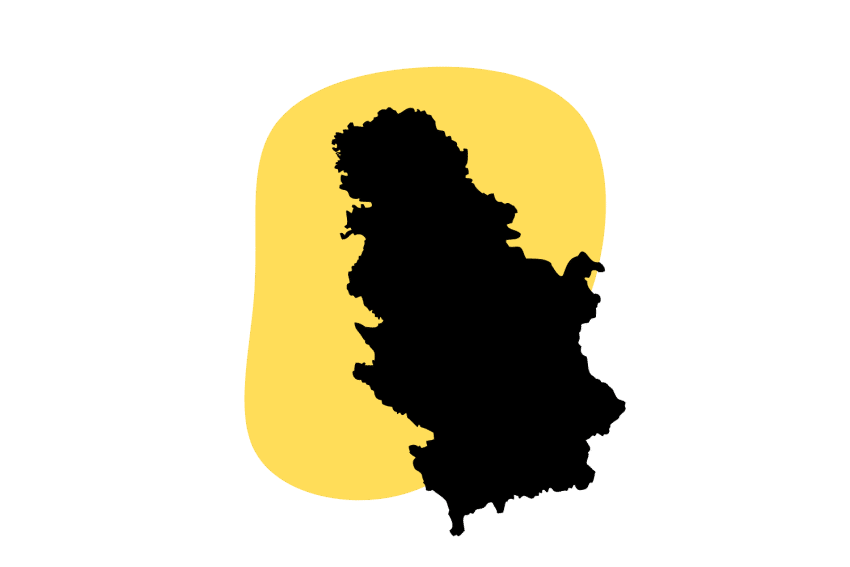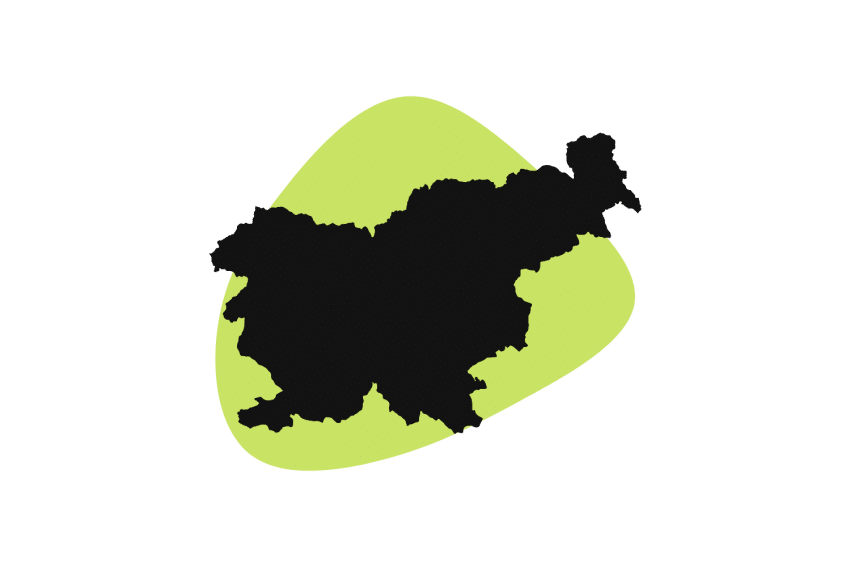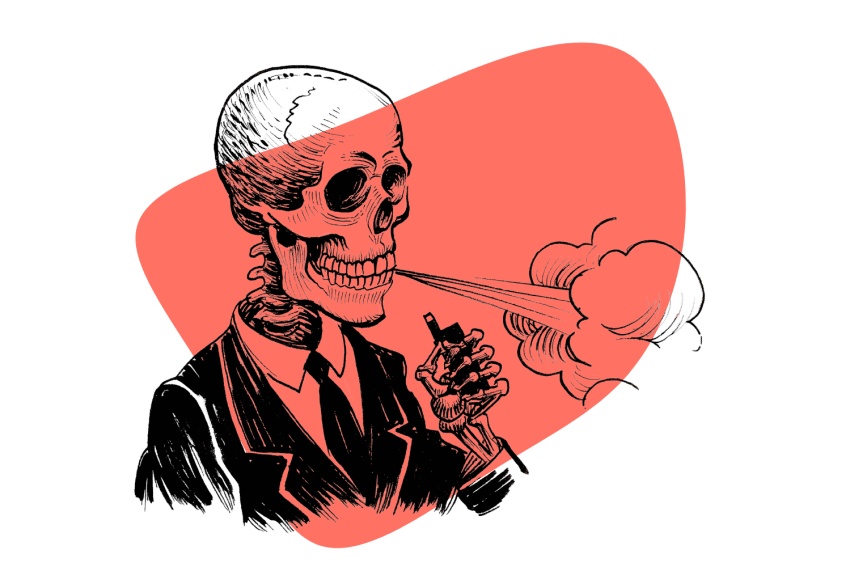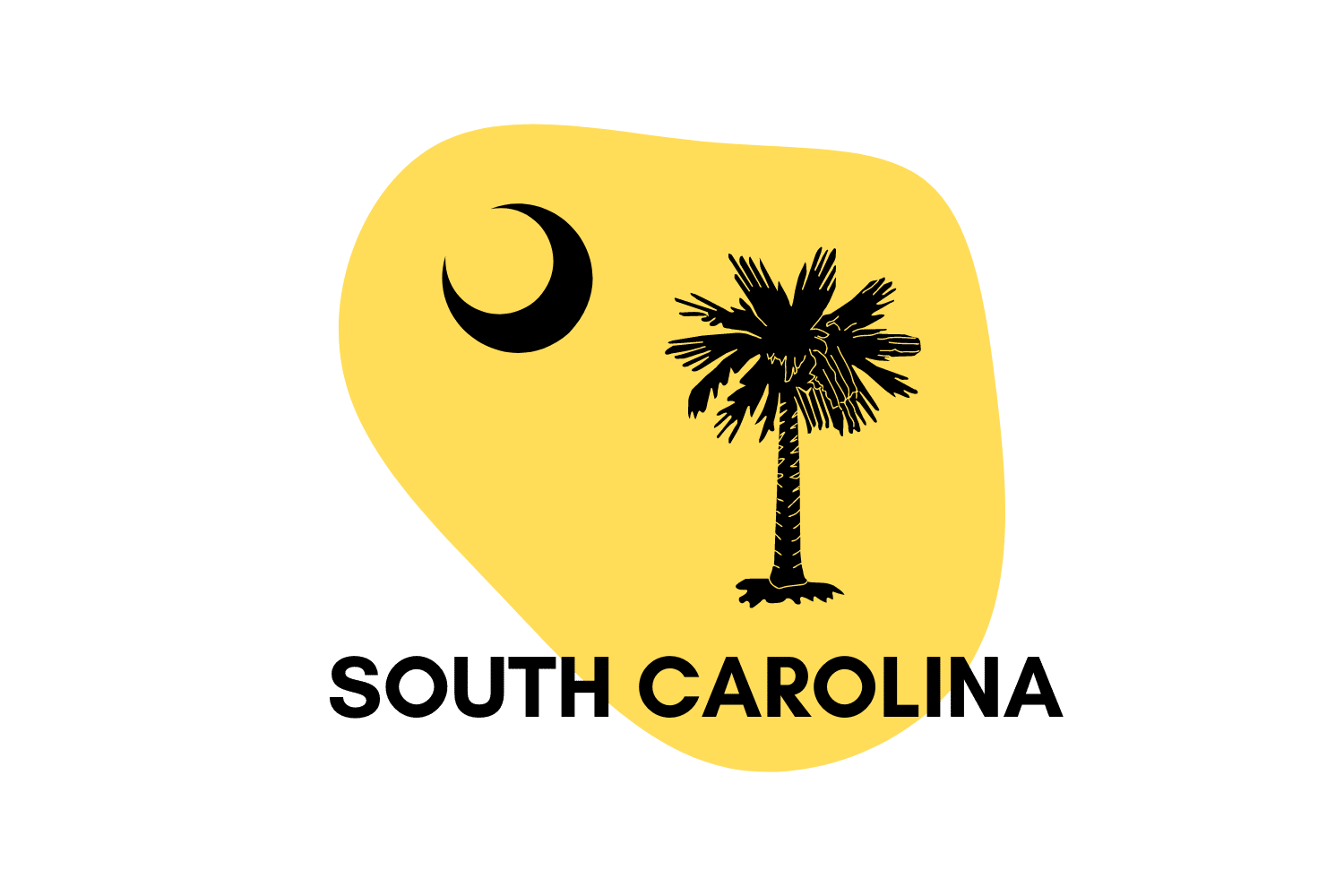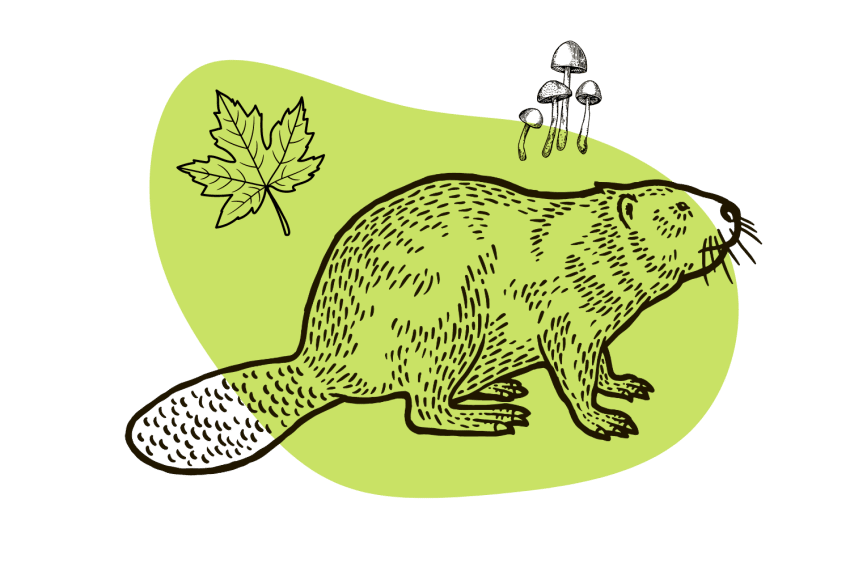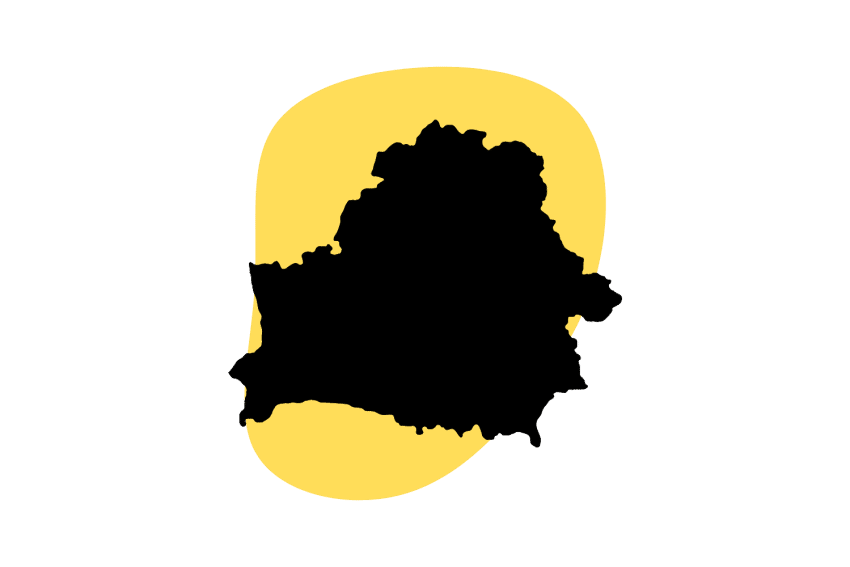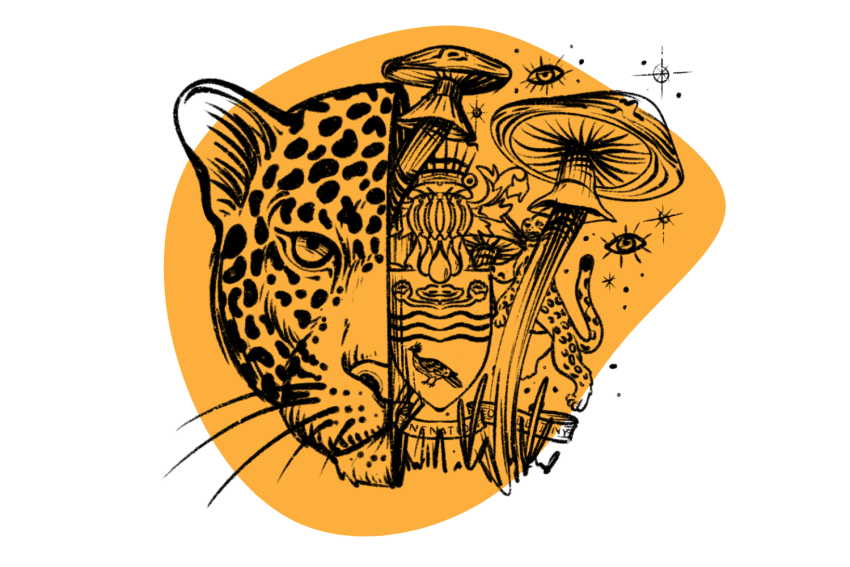Spain’s Laws & Psychedelics: A Pattern for the Rest of the World
Dance away! 💃 Spain is one of the first countries in the world to decriminalize all drugs.
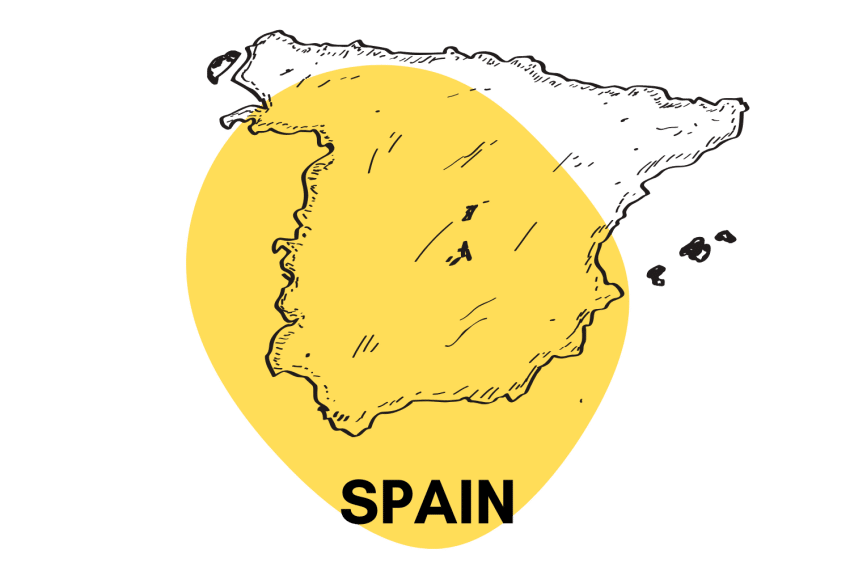
In Spain, possession and personal use of any substance is not a crime. However, you can still get fined for getting caught in possession of illicit substances. Fines increase for those using psychedelics outside the comfort of their own home.
This article will tell you everything you need to know about the legal situation of the most common psychedelics in the country — including magic mushrooms, LSD, DMT, ketamine, and MDMA.
Summary of Psychedelic Drug Laws in Spain
- Magic mushrooms and other psychedelics are not legal in Spain, but they aren’t considered a criminal offense either.
- Buying spores and grow kits is legal in Spain.
- Cannabis use has been partially decriminalized.
- The country seems to be moving towards cannabis legalization.
Spain: Drugs & Penalties Chart
| Substance | Amount | Penalty for Possession |
| No official list Authorities refer to 1961 Single Convention and 1971 Convention on Psychotropic Substances | Amount does not matter unless trafficking is suspected | Possession in public spaces: Serious infraction of public safety, administrative offense. Fine of €601-30,000 |
Sources:
- 1961 Single Convention
- 1971 Convention on Psychotropic Substances
- Royal Decree 2829/1977
- Citizen’s Security Law
Are Magic Mushrooms Legal in Spain?
Magic mushrooms are partially decriminalized in Spain.
Psilocybin belongs to Annex I of the UN Convention on Psychotropic Substances, which Spain signed in 1978. As a result, the law explicitly prohibits the sale of psychedelic mushrooms.
In addition to psilocybin, Annex I contains substances with no accepted medicinal value. However, reputable institutions such as John Hopkins advocate the reclassification of psilocybin because of its potential therapeutic applications and low likelihood of abuse.
However, the possession, use, and personal cultivation of dried or fresh magic mushrooms are decriminalized in Spain. That said, penalties for possession and sale can range from one to three years in prison and a fine of twice the value of the substance involved.
Mushroom spores and cultivation kits are legal if they are intended for mycological study or ornamental use.
Is LSD Legal in Spain?
No, LSD is illegal in Spain.
LSD (lysergic acid diethylamide) is listed as an Annex I substance under Spanish law.
According to the Spanish Penal Code, cultivation, processing, and trafficking of substances and possession with the intent to sell are criminal offenses. In addition, the use and possession of substances in public spaces represent an administrative offense, with fines ranging from 601 to 30,000 euros.
However, mere possession and use in a private environment don’t qualify as an offense, as long as there is no suspicion of trafficking.
Is DMT Legal in Spain?
No, DMT is illegal in Spain.
DMT is also included in Annex I of banned substances. There is no explicit mention of ayahuasca, changa, or bufo toad venom, although we infer that they are also illegal since they all contain either N,N,DMT, or 5-MeO-DMT.
However, as we have already seen, possession and personal use are not banned. So be aware that if you get caught with DMT in public, you could risk a fine of between 601 and 30,000 euros.
Is MDMA Legal in Spain?
No, MDMA is illegal in Spain.
MDMA (ecstasy) belongs to Annex I of substances prohibited by Spanish law. This annex groups those substances that do not have legitimate medical use and have a high potential for abuse.
However, some countries, such as the United States, are seeking to legalize MDMA for medicinal use in psychotherapy. While this does not mean that recreational use will soon be legal, its use and personal possession are decriminalized in Spain.
Is Ketamine Legal in Spain?
Ketamine is only legal for medicinal use in Spain.
Apart from its legal use as medical and veterinary anesthesia, recreational use of ketamine is prohibited in Spain.
While personal use and possession are decriminalized, its use in public is an administrative infraction that can cost you between 601 and 30,000 euros in fines.
Is Marijuana Legal in Spain?
In Spain, marijuana is partially decriminalized.
The Spanish Penal Code specifies that cultivation and personal use are allowed, but any form of sale is considered trafficking, therefore, a crime against public health.
Use in public spaces carries a fine of up to 30,000 euros, and possession of up to 100 grams is decriminalized. So the sale is technically illegal, but it’s allowed in cannabis clubs.
In addition, certain CBD (cannabidiol) products are allowed in Spain. These must come from hemp with less than 0.2% THC for external use only. You can purchase these products over the counter.
CBD in food and food supplements is prohibited in Spain.
As for other cannabinoids, Annex I explicitly prohibits the use of “tetrahydrocannabinols,” so we deduce that in addition to delta 9 THC, delta 8 and delta 10 are also banned.
Currently, Spain and Belgium are the only two European countries that have not created medical cannabis programs.
Legalization vs. Decriminalization: What’s the Difference?
Generally, the concepts of decriminalization and legalization sound so similar that the public confuses them. However, there are vital differences that distinguish them.
Decriminalization only implies the disappearance of penalties related to substances, which does not mean that the substance is legal. However, its use and possession could still be illegal, so you will not go to jail if you are caught, although you could be fined for it.
However, legalization means the elimination of fines and penalties for substance use and possession. Therefore, it creates a legal framework to regulate sales through licensed vendors.
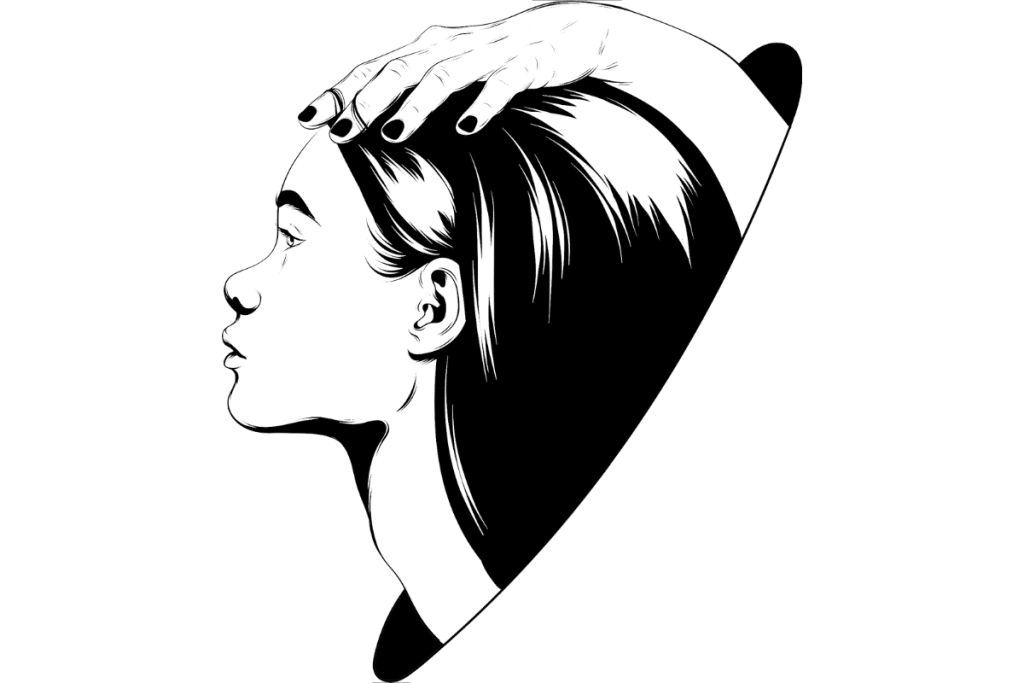
Key Takeaways: What’s the Future of Psychedelics in Spain?
Especially since the return to democracy, Spain has come a long way in terms of substances. Private use and cultivation are already decriminalized, and many non-profit organizations advocate legalization.
Spain will likely bow to pressure from neighboring countries and finally announce a medical marijuana program. There is also the possibility of modifying the stiff fines for possession of substances on public streets.

